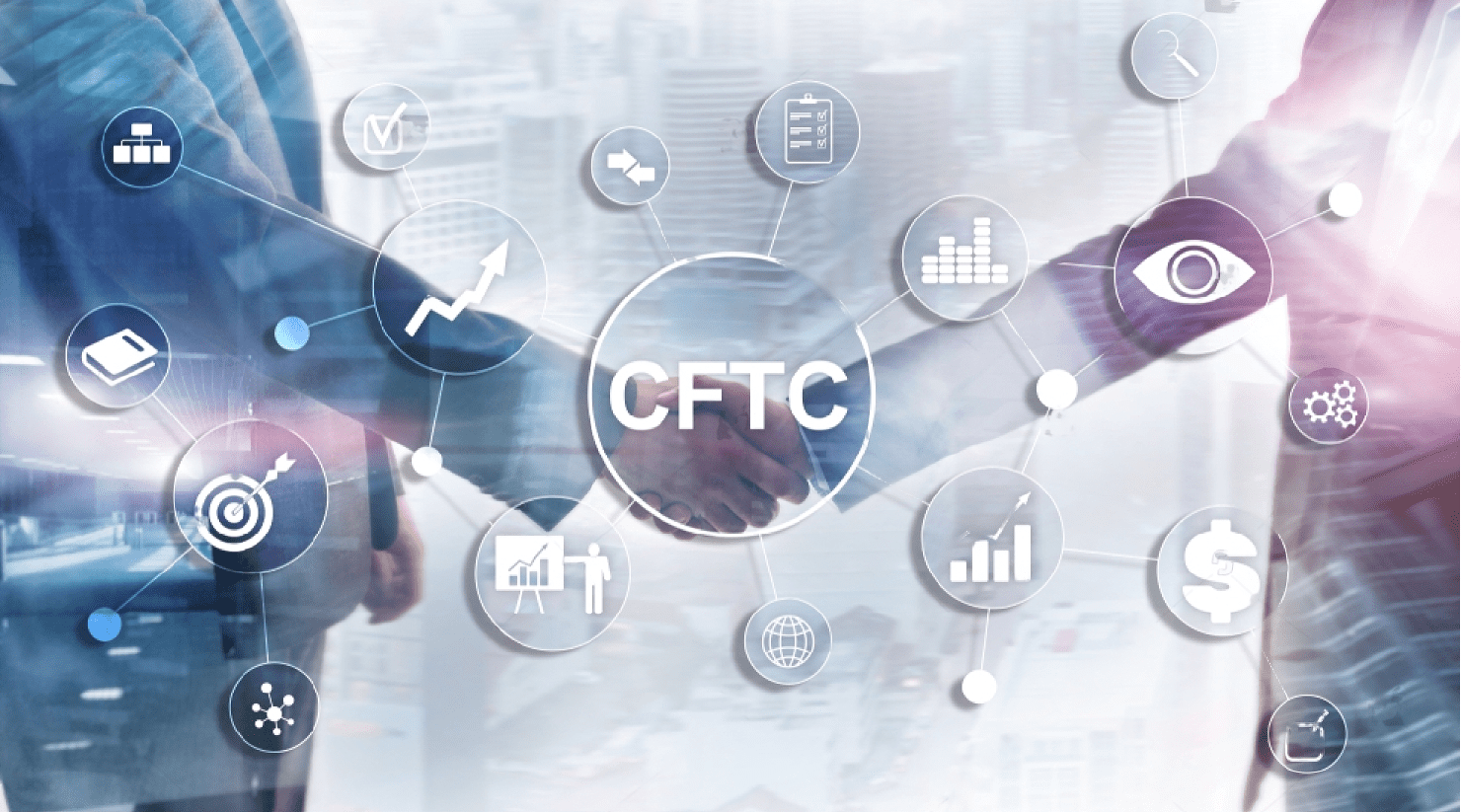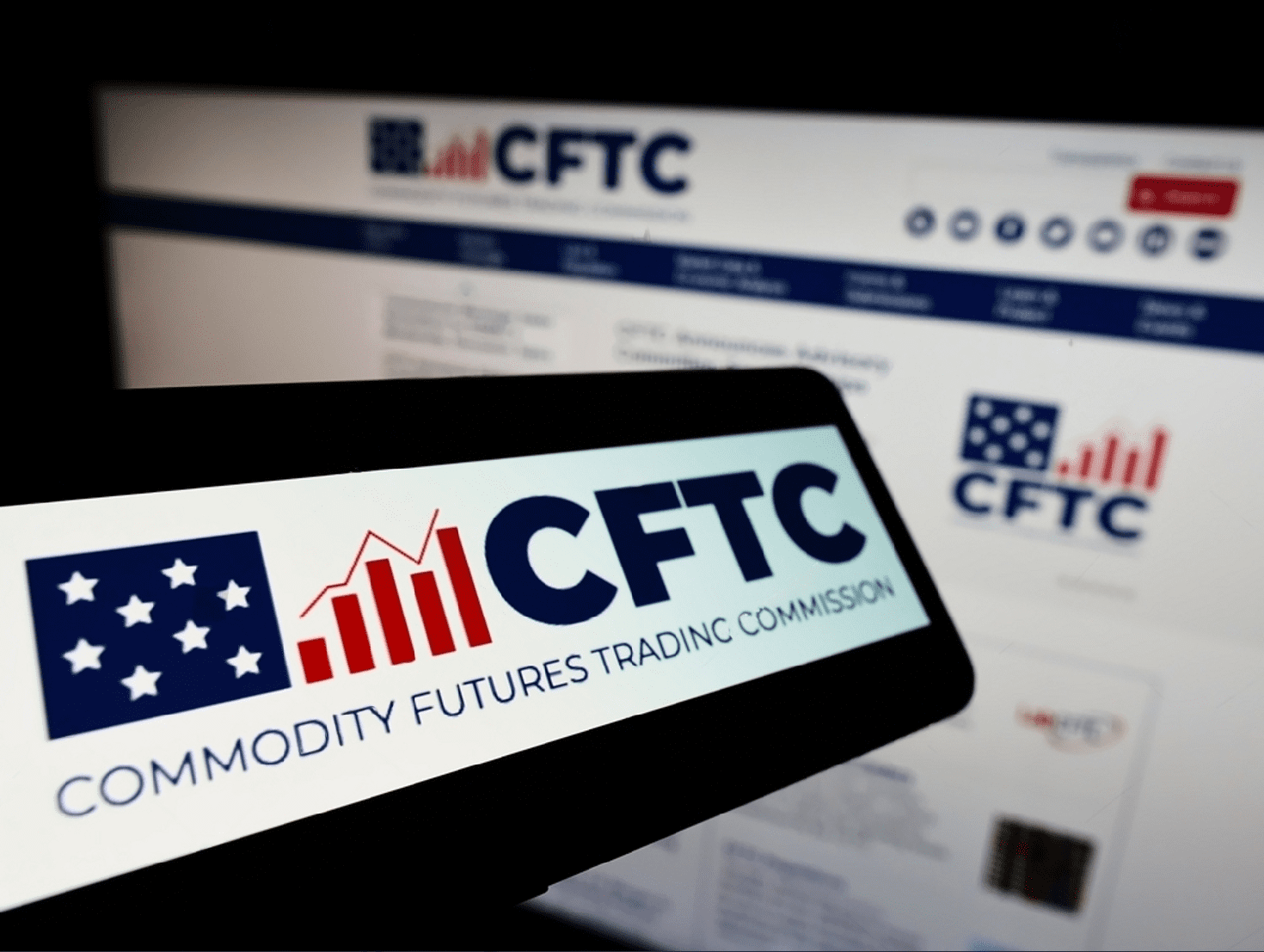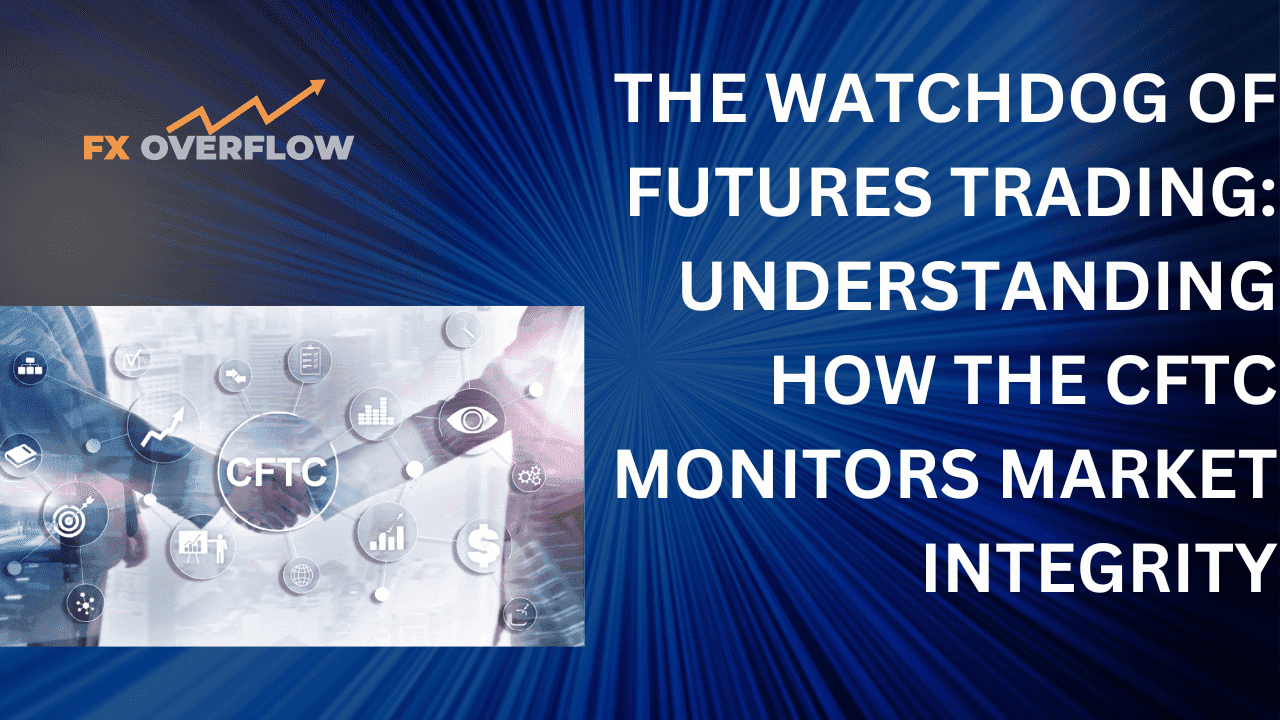The Watchdog of Futures Trading: Understanding How the CFTC Monitors Market Integrity
Introduction
Welcome to an insightful journey into the world of futures trading and the indispensable role played by the Commodity Futures Trading Commission (CFTC). In this comprehensive article, we will delve into the core responsibilities of the CFTC, their monitoring techniques, and how they ensure the integrity of the futures market. Whether you're a seasoned trader or just curious about market regulation, this article will provide you with a clear understanding of the CFTC's vital watchdog role.

What is the CFTC?
The CFTC, short for Commodity Futures Trading Commission, is an independent agency established by the United States government. It was created under the Commodity Futures Trading Commission Act of 1974, and its primary objective is to regulate and oversee futures and options markets. The CFTC's mission revolves around maintaining market integrity, protecting market participants, and promoting market transparency.
The CFTC's Mandate
The CFTC is empowered with the authority to enforce regulations and ensure fair practices within the futures trading domain. Let's explore their key mandates:
1. Market Surveillance
One of the core functions of the CFTC is market surveillance. They monitor trading activities, detect potential market abuses, and ensure that market participants adhere to the rules and regulations. This proactive approach helps maintain market stability and prevents fraudulent practices.

2. Registration and Regulation
The CFTC oversees various market participants, such as futures exchanges, brokers, commodity pool operators, and commodity trading advisors. They require these entities to register with the commission and maintain compliance with set guidelines.
3. Enforcement of Regulations
When market misconduct or violations are identified, the CFTC has enforcement powers to take appropriate actions. They can impose fines, sanctions, and other legal remedies to maintain market integrity.
4. Risk Management and System Safeguards
To protect market participants and reduce systemic risks, the CFTC collaborates with market players to develop and implement effective risk management and system safeguards.
CFTC's Approach to Market Integrity
Maintaining market integrity is the cornerstone of the CFTC's mission. Their approach involves a combination of technology, market intelligence, and collaboration with other regulatory bodies. Here's how they achieve it:
1. Technology-Driven Solutions
The CFTC utilizes sophisticated technology to monitor trading activities in real-time. Automated surveillance systems help them identify irregular patterns and potential manipulations swiftly.
2. Market Intelligence and Data Analysis
Gathering market intelligence and analyzing vast datasets are essential for effective oversight. The CFTC collaborates with exchanges, market participants, and data providers to gain valuable insights.
3. Cooperation with Other Regulators
The CFTC works hand in hand with other regulatory agencies, both domestic and international, to ensure that market integrity is upheld across borders.
4. Transparent Reporting and Communication
Open communication with market participants and the public is vital for building trust. The CFTC publishes regular reports, advisories, and guidelines to keep everyone informed.
CFTC vs. SEC: Understanding the Distinction
It's crucial to differentiate between the CFTC and the Securities and Exchange Commission (SEC) since both agencies play distinct roles in financial regulation.
- CFTC (Commodity Futures Trading Commission)
The CFTC focuses on overseeing the futures and options markets. They regulate commodities trading, including agricultural products, energy, and financial instruments.
- SEC (Securities and Exchange Commission)
On the other hand, the SEC concentrates on the securities market, which involves stocks, bonds, and other investment securities.
Table: Comparison between CFTC and SEC

CFTC's Role in Safeguarding Market Participants
The CFTC's efforts go beyond just ensuring market integrity; they also prioritize protecting market participants from fraud and abuse. Let's explore some of the mechanisms they employ:
1. Customer Protection Rules
The CFTC has established stringent rules to safeguard customers' funds held by futures brokers. These rules aim to prevent misappropriation of customer funds and enhance transparency.
2. Anti-Fraud Measures
To combat fraudulent activities, the CFTC actively investigates and takes legal action against individuals or entities engaged in deceptive practices.
Footnote
In Summary, the Commodity Futures Trading Commission (CFTC) serves as the vigilant watchdog of the futures trading world. Their commitment to market integrity, robust monitoring techniques, and cooperation with other regulatory bodies are critical in maintaining a fair and transparent trading environment. As market dynamics evolve, the CFTC's role remains essential in ensuring investor protection and market stability.
FAQs
1. What is the primary objective of the CFTC?
The CFTC's primary objective is to maintain market integrity, protect market participants, and promote market transparency within the futures and options markets.
2. How does the CFTC monitor market activities?
The CFTC employs advanced technology and data analysis to conduct real-time monitoring of trading activities, identifying potential irregularities and manipulations.
3. What is the difference between the CFTC and the SEC?
The CFTC regulates futures and options markets, dealing with commodities and energy, while the SEC focuses on the securities market, overseeing stocks and bonds.
4. How does the CFTC protect market participants?
The CFTC employs customer protection rules and anti-fraud measures to safeguard market participants from potential fraud and abuse.
5. Why is the CFTC's role crucial for futures trading?
The CFTC's role is vital as it ensures fair and transparent trading practices, enhances market stability, and promotes investor confidence.











Discussion